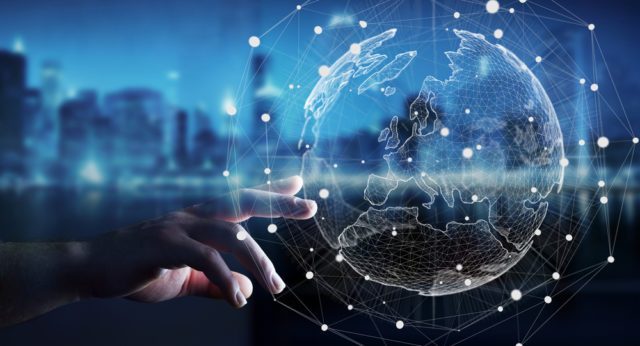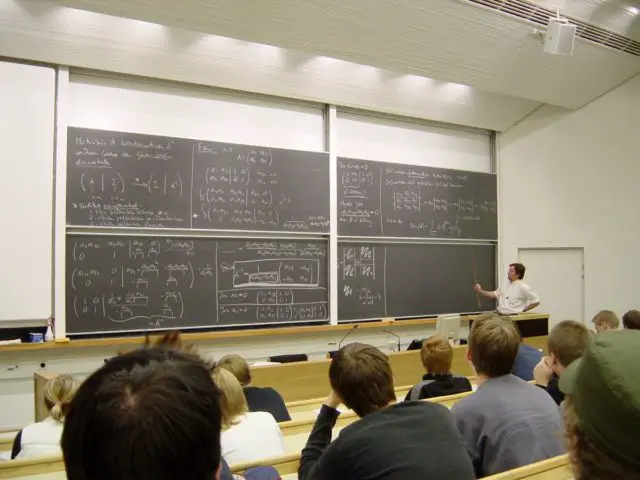British science fiction writer Arthur C. Clarke (1917-2008) liked to repeat that: “Any sufficiently advanced technology is totally indistinguishable from magic.” The phrase rules in these moments of the history of humanity more than ever: How does our phone work? Magic. Why does the microwave heat up? Magic. Why do airplanes fly? Magic…
We are totally surrounded by technology; moreover, our present and future depend critically on it and yet, for most of us, technology is indistinguishable from magic.

How have we arrived at this paradoxical situation? Technology is one of the many accruals of scientific knowledge that we have achieved thanks to mathematics. In ancient Greece, the Greek philosopher and mathematician Pythagoras (569-475 BC) had a revelation that has since become the core of modern science: everything is numbers and we can unravel the hidden order of the world, the laws of the universe, thanks to mathematics.
The harmony of the universe could be understood, according to the Pythagoreans, by reasons of integers and their laws were governed by such numbers and proportions; 2,500 years later, we have mobile phones, microwaves, and airplanes.
In this adventure of knowledge, the most brilliant minds of our species have participated. However, and despite the fact that even the Pythagorean revelation was produced thanks to music, techno-scientific knowledge has been marginalized from what we understand by culture in capital letters.
If you believe that Gabriel García Márquez -also known as Gabo- was a Colombian drug trafficker, that is ignorance. But if you do not know what a Fourier transform is, the basis of all information technologies, it is enough for you to proudly boast that you do not know about math and change the topic.
The gap between the 2 cultures, sciences and humanities, of which the physicist Charles Percy Snow warned us at the end of the 1950s, continues in force and in growth. We are capable of sending ships to the ends of the Solar System, at the same time that we try to cure ourselves with homeopathy
Today, the labor market demands many better mathematicians; in other words, species of magicians who understand spells in networks or who make voodoo with the masses of data that flood us. As the company pays better than the academy, in addition to the gap between the 2 cultures, we are running out of magicians’ teachers.

The situation can reach dramatic tints, which expressed in apocalyptic terms of Netflix series would be something like: What would happen if suddenly all people who understand mathematics disappear from the face of the Earth?
Meanwhile, read math; it does not save the world, but we are sure you will understand it better!

